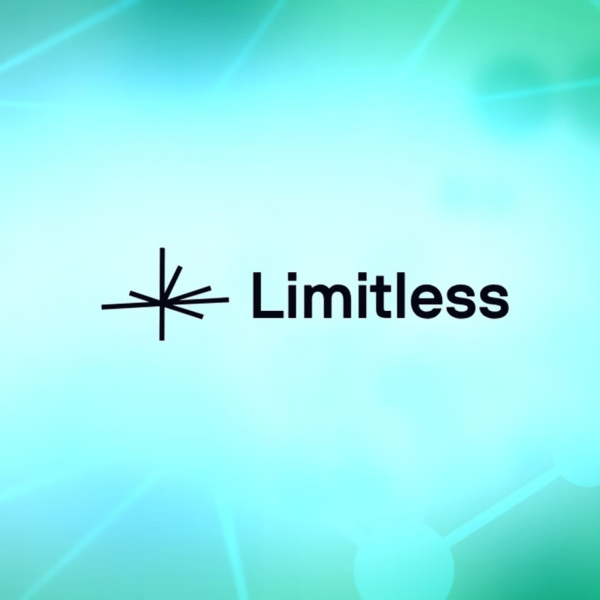From the Grey Area to the Mainstream Track? The Legalization Battle and Future Landscape of Sports Prediction Markets
Prediction market platforms Kalshi and Polymarket are rapidly expanding in the sports sector and have reached a partnership with the NHL. However, they face skepticism from leagues such as the NBA and NFL, as well as strong opposition from the gambling industry, while also becoming embroiled in regulatory and legal disputes. Summary generated by Mars AI This summary was generated by the Mars AI model, and the accuracy and completeness of its content are still being iteratively improved.
As Kalshi and Polymarket further shift their business focus to the sports sector, the prediction market has reached a turning point this year with both volume and price surging: media reports indicate that Polymarket is negotiating a new round of financing, targeting a valuation of $12–15 billions; Kalshi completed new financing mid-year, with a company valuation of about $2 billions.
Meanwhile, the leading platforms have seen significant increases in monthly trading volume and daily active users—according to The Wall Street Journal, the combined trading volume of the two major platforms in October increased by more than 90% month-on-month; most of Kalshi’s trading volume growth comes from sports contracts, making sports predictions its main growth engine.
Driven by both industry and capital, Kalshi and Polymarket have begun seeking official cooperation and endorsement from major sports leagues.
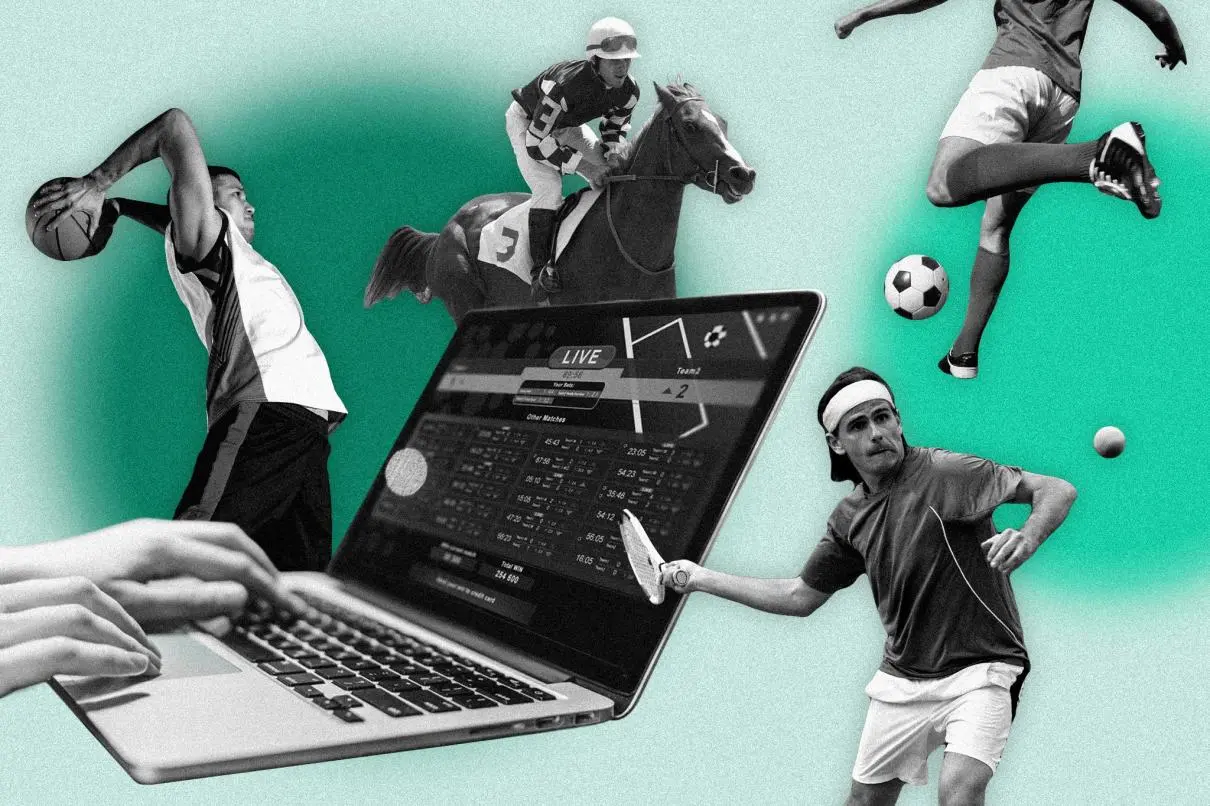
Firing the First Shot: NHL Takes the Lead in Partnering with Prediction Markets
The first to embrace the emerging category of prediction markets was the National Hockey League (NHL), which has the lowest commercial value among North America’s four major sports leagues.
In late October, the NHL announced multi-year partnership agreements with two prediction market platforms, Kalshi and Polymarket, becoming the first mainstream sports league to cooperate with such platforms.
This partnership is seen as a sign that prediction markets are gaining increasing attention in the sports industry. Through this milestone agreement, the NHL grants Kalshi and Polymarket the rights to use the league’s official data, logos, and names, and allows them to display their brand logos during live broadcasts of games.
NHL Chief Business Officer Keith Wachtel stated that, so far, prediction markets have not negatively impacted the league’s 10 existing official sports betting partners, but have instead brought incremental value to the entire ecosystem. Sara Slane, Head of Corporate Development at Kalshi, said this move validates their business model’s legitimacy.
The operational model of prediction market platforms differs from traditional sports betting companies. These platforms allow users to buy and sell “yes/no” contracts on the outcomes of specific events (including sports games), with prices fluctuating dynamically based on market expectations.
For example, on Kalshi, users can trade contracts such as “Will a team win the championship?” with prices fluctuating as the game progresses and probabilities change. This trading mechanism is similar to how betting companies adjust odds based on game conditions, but prediction contracts are classified as financial derivatives and are regulated by the U.S. Commodity Futures Trading Commission (CFTC), rather than as gambling bets. This regulatory difference means that Kalshi and Polymarket do not need to obtain state sports betting licenses, and theoretically, prediction markets can be used by local users even in states like California and Texas where sports betting is prohibited.
Therefore, the NHL believes that introducing prediction markets helps attract a new audience proficient in technology and finance, allowing more fans to participate in games in new ways. Through official cooperation, the NHL can also have a say in market contracts related to its league on the platforms, preventing the emergence of bet types that could harm game integrity. For example, since certain markets related to individual performance or lineups may trigger insider information and moral risks, the NHL can have more say over market types related to its league through official partnerships.
In addition, the NHL has required Kalshi and Polymarket to comply with the same integrity monitoring standards as official betting partners, including using league-authorized data providers and abnormal betting monitoring systems. NHL Chief Business Officer Keith Wachtel emphasized that cooperation between the league and prediction platforms can better maintain sports integrity together, because “as a league, we can participate in deciding which markets can go online, which is beneficial for the NHL and all sports organizations.”
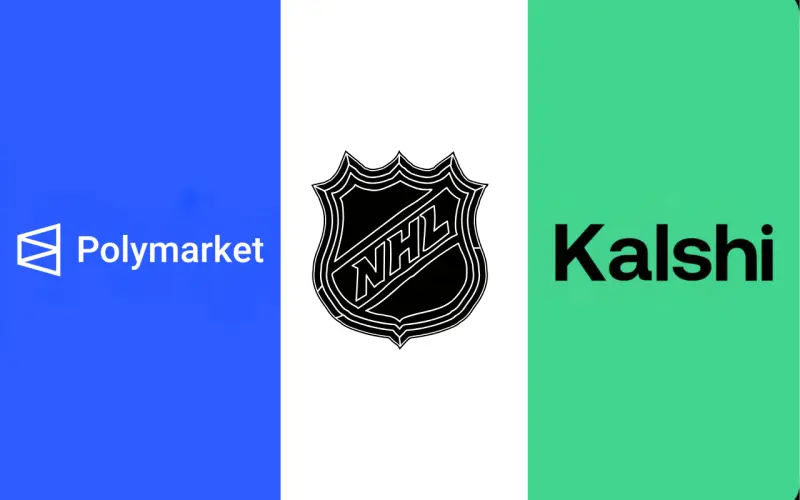
NBA, NFL, and MLB: Skepticism and Caution
Compared to the NHL’s open attitude, the other three major U.S. professional sports leagues with higher commercial value—NBA, NFL, and MLB—are more cautious and resistant regarding prediction markets.
The three major leagues have not established official partnerships with any prediction platforms and have expressed concerns about such platforms through various channels. Earlier this year, the NBA, NFL, and MLB each wrote to the CFTC, emphasizing the importance of protecting sports integrity in this emerging market.
The NFL’s position is particularly representative. Jonathan D. Nabavi, NFL’s Head of Public Policy, stated in a written opinion to the CFTC: such contracts “effectively simulate sports betting but lack the full integrity and consumer protection mechanisms of regulated sports betting.”
At the same time, David Highhill, NFL’s Vice President of Sports Betting, said in a media interview that the league will treat prediction markets as gambling management and is concerned that “if regulation is inadequate, manipulation or price distortion may occur”; therefore, the same level of protection and risk control standards as state-licensed sports betting should be in place.
The NBA and MLB hold similar views. Although neither has publicly elaborated on their positions, their communications with the CFTC and industry feedback indicate that their core concerns are game integrity and regulatory gaps. They question: if fans and investors can bypass state laws to bet on game outcomes on these platforms, how can the leagues ensure that insider information is not exploited or game results manipulated?
The caution of the three major leagues is not unfounded. Especially in the NBA, there have been several scandals in the past two years, including major incidents where non-public injury and attendance information was used for betting arbitrage on “whether/when a player will play.”
From a more practical commercial interest perspective, the three major leagues have deep partnerships with traditional betting companies, investing significant resources to form a standardized betting system. The “grey area” gameplay of prediction market platforms seems to bypass state laws and league agreements, naturally raising concerns among the management of the three major leagues.
However, the currently closed doors may still open in the future. Historically, the NFL strongly opposed the legalization of sports betting before 2018, but later gradually established partnerships with the compliant betting ecosystem, indicating that its attitude may adjust as regulation and risk control mature.
NBA President Adam Silver’s view may be more open; as early as the initial stage of betting legalization, he advocated for recognizing and regulating the betting market. Therefore, his attitude toward prediction markets is unlikely to be rigid, with the key being whether there is a clear regulatory framework and a risk-controllable operating model.
Gambling Industry Association Criticizes, Focusing on Sports Integrity Risks
Compared to the sports leagues’ wait-and-see attitude, the U.S. gambling industry is the most vocal opponent. The authoritative industry body, the American Gaming Association (AGA), holds a strongly critical attitude toward prediction market platforms such as Kalshi and Polymarket.
After the NHL announced its partnership with Kalshi and Polymarket, AGA President Bill Miller publicly stated that this move was “deeply disappointing and extremely dangerous.” He denounced these prediction platforms as “backdoor gambling schemes disguised as ‘financial products’,” warning that the NHL’s move sends a bad signal: as if in the sports betting field, integrity, responsibility, and clear legality have become optional.
The AGA’s main concern is the risk to sports event integrity and consumer protection. The association points out that the U.S. has spent seven years building “the world’s most robust and transparent legal sports betting market,” which includes strict integrity monitoring, responsible gambling measures, and consumer rights protection.
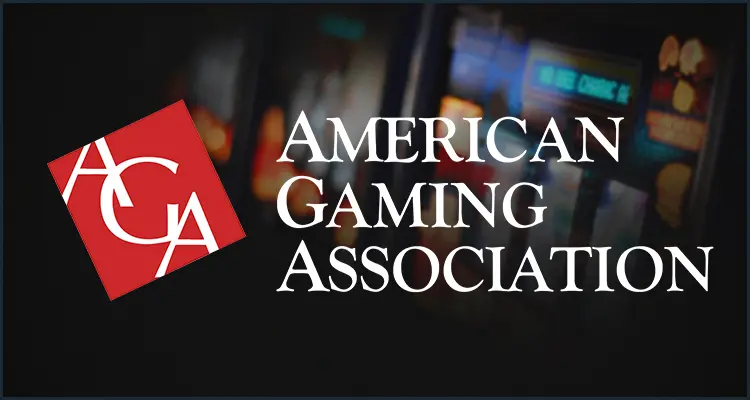
Kalshi and Polymarket operate nationwide by bypassing state regulations, effectively avoiding state-level reviews and restrictions. Miller questions whether these platforms lack the strict compliance reviews and player protection mechanisms required by state gambling regulators, potentially becoming hotbeds for illegal activity.
For example, without state regulation, how can it be ensured that minors do not participate in trading? How can insider betting for profit or large-scale market manipulation be prevented? The AGA believes these are unresolved risk points.
The AGA further states that commodity futures regulators do not have the in-depth event monitoring and violation investigation capabilities of state gambling regulators, and placing sports betting under CFTC jurisdiction may not effectively maintain game integrity.
In addition to criticizing prediction markets for exploiting legal loopholes, the AGA is also actively courting the three major sports leagues. Shortly after the NHL announced its partnership, the AGA wrote to the NFL, NBA, and MLB, urging them to avoid commercial cooperation with “insufficiently regulated prediction market platforms.” The letter strongly stated that partnering with such platforms that bypass regulations would “undermine the achievements of the legal market built over the past few years and expose the leagues themselves to reputational and legal risks.”
It is foreseeable that the AGA will continue to lobby regulators, legislatures, and sports leagues to tighten policies on prediction markets and ensure that there is no “regulatory vacuum or grey area” in the sports betting field.
Ongoing Regulatory and Legal Challenges: Prediction Markets Caught in Litigation
Facing industry skepticism and resistance, Kalshi and Polymarket are actively seeking cooperative endorsements while also facing long-term regulatory and legal disputes. In recent years, these two platforms have been involved in multiple enforcement and litigation incidents with the U.S. Commodity Futures Trading Commission (CFTC) and various state regulators, and the legal status of prediction markets remains controversial.
In early 2022, the CFTC took enforcement action against Polymarket’s operating company, Blockratize, Inc., pointing out that the platform had been offering event contract trading without registration since June 2020, violating the Commodity Exchange Act (CEA). These contracts covered politics, economic indicators, and even pop culture, essentially functioning as binary options swaps. However, Polymarket was neither a registered exchange (DCM) nor had swap execution facility (SEF) approval. Ultimately, Polymarket chose to settle with regulators, agreed to pay a $1.4 million fine, and shut down all non-compliant markets on its website to avoid further regulatory violations.
Compared to Polymarket, Kalshi’s legal battles are more complex and ongoing. Kalshi is currently the only prediction exchange registered with the CFTC as a “Designated Contract Market” (DCM), which qualifies it to launch event derivative contracts at the federal level. Since the beginning of this year, Kalshi has launched several sports event-related contracts (such as whether a team advances or wins the championship) and began trading without being rejected by the CFTC.
However, these products have crossed red lines in several state gambling laws. Regulators in states including New York, New Jersey, Massachusetts, and Ohio have issued cease-and-desist orders to Kalshi, claiming that its sports contracts are equivalent to unlicensed sports gambling and must immediately stop offering services to residents in those states.
Kalshi did not back down but instead countersued these state regulators, seeking judicial rulings in federal court. The core legal dispute is whether federal commodity trading law preempts state gambling law. Kalshi argues that as a federally recognized exchange, the event contracts it offers fall under federal regulation, with the CFTC having exclusive jurisdiction over these products, and states should not interfere with local gambling laws. In its lawsuit, Kalshi claims that state regulators’ attempts to use state law to forcibly halt federally licensed trading is contrary to Congressional intent—the establishment of the CFTC was precisely to avoid fragmented regulation of interstate derivatives markets.
Currently, Kalshi’s legal battle with the states is extending to the federal appellate courts. In June of this year, a case of Kalshi v. New Jersey Division of Gaming Enforcement was appealed to the U.S. Third Circuit Court of Appeals, with as many as 34 state attorneys general jointly submitting an amicus brief in support of New Jersey.
These legal officials, from both open gambling states like New York and Michigan and fully gambling-prohibited states like Utah and Idaho, reached a consensus that the contracts offered by Kalshi are “essentially sports bets disguised as commodity contracts,” and that their interpretation of federal law is intended to bypass state gambling regulation, encroaching on the states’ long-standing regulatory sovereignty. They emphasize that allowing Kalshi to continue this model would undermine the regulatory systems established by states since the PASPA ban was lifted in 2018 and erode the authority of state law in sports betting.
The aforementioned gambling industry interest groups naturally stand on the opposite side of Kalshi in the legal battle. The American Gaming Association, as an industry representative, submitted an opinion in the above case, emphasizing that the CFTC does not have the appropriate expertise to manage complex sports betting and that federal commodity law should not be allowed to cover sports betting. Some sports league officials also worry that if Kalshi wins, any exchange in the future could launch self-defined sports betting contracts, leaving states unable to regulate and putting sports integrity at great risk.
On the other hand, Kalshi insists that its contract design helps the market “hedge” sports risks and provide liquidity, and criticizes the tough stance of regulators as “stifling innovation.” Kalshi CEO Mansour even described the multi-state blockade as “censorship,” arguing that prediction markets should be protected like freedom of speech, prompting stern official rebuttals.
The legal battle between Kalshi and state regulators is still evolving. The outcome will not only determine the survival of its own business but also decide the legal status of sports prediction markets in the U.S. In the short term, legal uncertainty itself has become a major obstacle to the expansion of these platforms.
Entry and Counterattack: Traditional Gambling Giants Eye Emerging Markets
Faced with the rise of prediction market platforms, traditional sports betting operators are not all firmly opposed; some gambling giants have also realized the new business opportunities prediction markets contain and have chosen to enter the field through investment, acquisition, or independent development to avoid falling behind in the new round of competition.
Leading U.S. online betting company DraftKings has recently taken a notable step. In October 2025, DraftKings announced it would acquire Railbird Technologies and plans to launch a new platform called “DraftKings Predictions,” offering users contract trading services based on real-world events.
In addition, DraftKings also announced a partnership with Polymarket, which will serve as the designated clearinghouse for DraftKings’ prediction market products, responsible for trade matching and fund settlement. DraftKings CEO Jason Robins said that introducing Railbird’s technology and Polymarket’s underlying support will “give us the ability to win in this incremental market.”
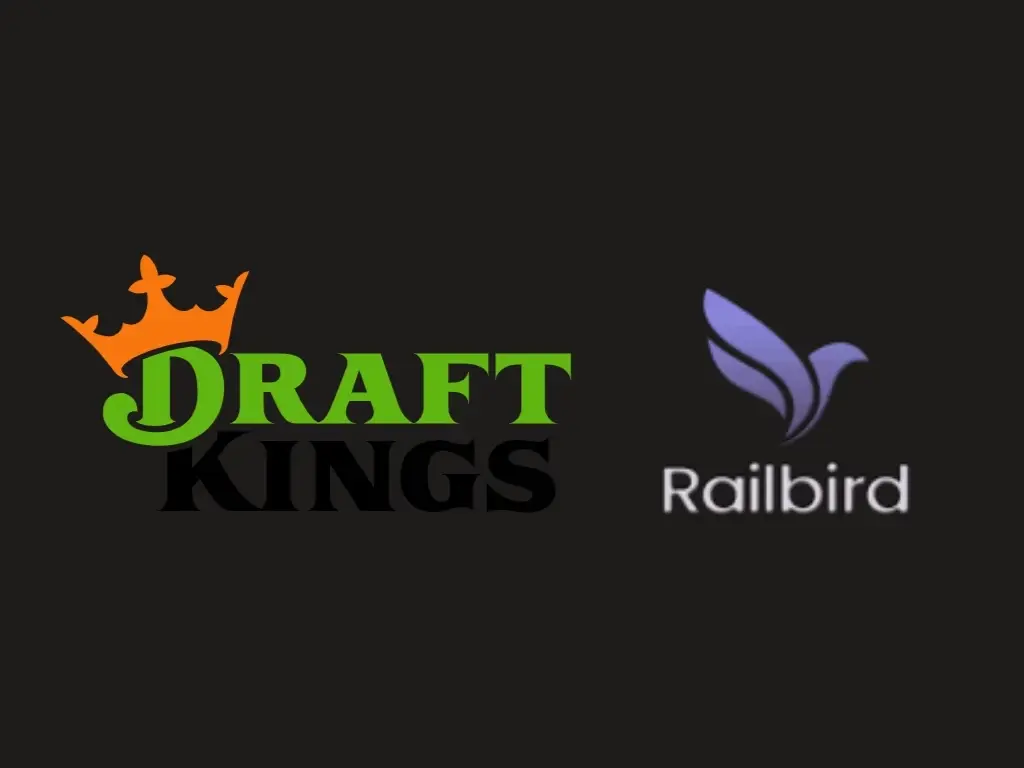
Rather than fighting against it, it’s better to participate. Some analysts believe that this move into prediction markets will not only help DraftKings expand into states where betting is not yet legalized (by offering products through the CFTC route), but is also a defensive strategy: rather than letting Kalshi and others divide up users, it’s better to lay out the track in advance. Judging from the stock price reaction, DraftKings’ stock rose about 2% on the day of the announcement, indicating that the capital market recognizes its strategy.
In addition to DraftKings, industry giants like FanDuel are also closely monitoring developments in this field. According to ESPN, FanDuel is “ready to enter the prediction market field” and is conducting internal technical and compliance assessments.
The Game Between Tradition and Innovation: Who Will Win?
Overall, the expansion of prediction market platforms in the sports sector is triggering a contest between supporting and opposing forces. Supporters include leagues willing to try new things (such as the NHL) and capital that values opportunities (such as DraftKings). Their argument is that prediction markets provide innovative ways for fan engagement and financial risk hedging tools, and as long as regulation is proper and integrity measures are in place, they can coexist and prosper with traditional betting.
Opponents, on the other hand, consist of most sports organizations, gambling regulators, and vested interests. They warn that prediction markets are “growing wildly” outside the existing legal system and may undermine the long-established integrity guarantees and consumer protection network. Both sides have their own arguments around sports integrity, legal authority, and market fairness, and the debate is fierce.
In the future, as court rulings on Kalshi’s lawsuits, regulatory attitudes become clearer, and more leagues make their positions known, the fate of sports prediction markets in the U.S. will gradually become clear. If all parties can find a compromise (such as introducing federal standards while respecting state rights), this new phenomenon may be integrated into the mainstream and inject new vitality into the sports industry; but if conflicts intensify, prediction markets may be forced to retreat, and their ambitions in the sports sector will be frustrated.
As a neutral observer, PANews will continue to follow the developments of Polymarket and Kalshi: whether they can solve regulatory challenges and win more league support, or ultimately adjust their strategies in the face of resistance, the game between tradition and innovation is still unfolding. The outcome of this contest will not only affect the rise and fall of two companies but may also shape the future integration of sports betting and financial markets.
Disclaimer: The content of this article solely reflects the author's opinion and does not represent the platform in any capacity. This article is not intended to serve as a reference for making investment decisions.
You may also like
The Federal Reserve launches a combination move: continues to cut interest rates by 25 basis points and ends balance sheet reduction in December, with two committee members opposing the rate decision.
Trump-appointed governor Milan, as before, advocates for a 50 basis points rate cut, while another voting member, Schmid, supports holding rates steady.

Whales accumulate Railgun, Aster, and Pump.fun tokens in November

Ethereum price faces potential decline to $3,400 after Fibonacci rejection

With a trading volume exceeding 515 millions, can Limitless become the top player in the prediction market?
Limitless is a high-frequency, short-duration trading ecosystem, more similar to Deribit or Binance than Polymarket, but operates entirely on-chain.
